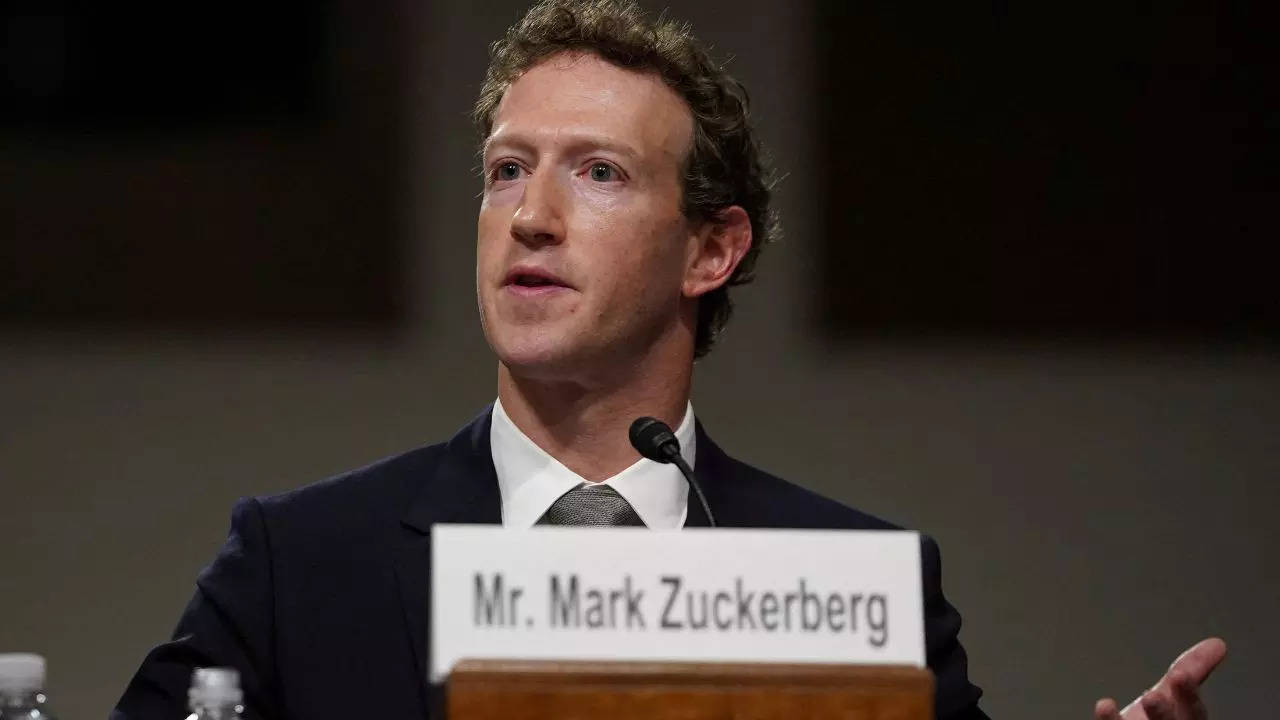Mark Zuckerberg's admission of regret regarding his decision to yield to White House pressure on content moderation reflects the complex interplay between social media governance and political influence. In recent years, platforms like Facebook have found themselves at the center of contentious debates surrounding free speech, misinformation, and political bias. The pressure exerted by governmental entities has prompted social media companies to navigate a precarious path between maintaining user engagement and adhering to external regulatory demands.
Zuckerberg’s acknowledgment reveals a significant tension inherent in the operation of digital platforms. On one hand, these companies are tasked with creating an inclusive environment for diverse viewpoints; on the other hand, they must contend with calls from government officials who advocate for stricter content controls purportedly to safeguard public discourse. His regret suggests that yielding to such pressures may compromise not only the integrity of these platforms but also their foundational principle of facilitating open dialogue among users. In a letter addressed to House judiciary committee chair Jim Jordan, Zuckerberg wrote that senior Biden officials had “repeatedly pressured” Meta’s team for months to censor some Covid-19 content, including humour and satire. “I believe the government pressure was wrong and I regret that we were not more outspoken about it,” he wrote in the letter, which was posted on X by the committee on Monday. “I feel strongly that we should not compromise our content standards due to pressure from any administration in either direction — and we’re ready to push back if something like this happens again.”
He told Jordan that in 2021, "senior officials" from the Biden administration and White House "repeatedly pressured our teams for months to censor certain COVID-19 content, including humor and satire."
When Facebook did not agree with the censorship, Zuckerberg said, the Biden administration expressed a lot of frustration.
"Ultimately, it was our decision whether or not to take content down, and we own our decisions, including COVID-19-related changes we made to our enforcement in the wake of this pressure," Zuckerberg wrote. "I believe the government pressure was wrong, and I regret that we were not more outspoken about it.
Zuckerberg also said he would not repeat contributions he made in the last presidential election cycle to fund election infrastructure, saying that although they were intended to be nonpartisan, some people still interpreted the effort as benefiting one party or the other.
“My goal is to be neutral and not play a role one way or another — or to even appear to be playing a role,” he said. “So I don’t plan on making a similar contribution this cycle.”
Read more
A 5.4 magnitude earthquake was reported off the coast of Portugal on Monday morning Wrestling legend Sid Eudy passed away at 63Sarah H
Also on site :
- Gemini converts Google Docs to podcasts
- Jonathan Ross opens up about why he decided to quit alcohol
- Bottling your essence: Meghan Markle and the death of self-help speak

